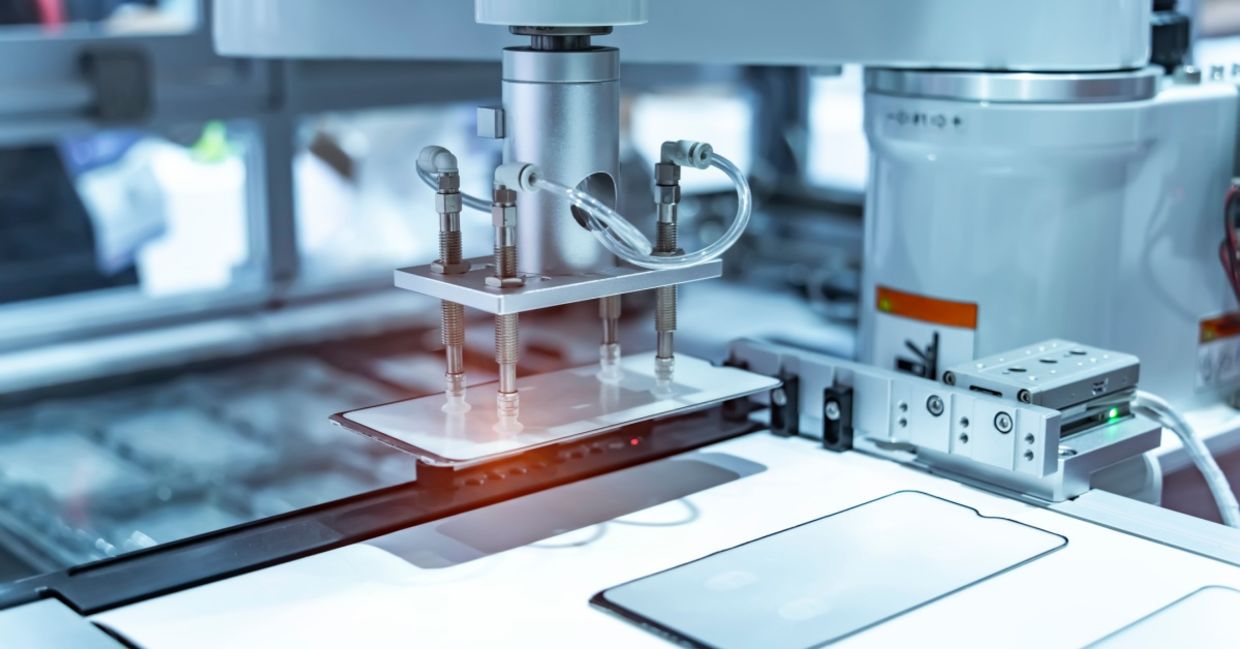
(Asharkyu / Shutterstock.com)
In a revolutionary breakthrough, researchers at Tel Aviv University have developed a new type of glass that forms instantly with just a touch of water at room temperature while retaining its transparency. The Jerusalem Post reports that this innovation is set to transform industries such as optics, satellite communication, remote sensing, and biomedicine. The research, led by PhD student Gal Finkelstein-Zuta and Prof. Ehud Gazit, promises significant advancements in sustainability and cost-efficiency for various high-tech applications.
Creating innovative materials
In an abstract published in the Nature Journal, the research is highlighted. Despite its unordered, liquid-like structure, glass displays mechanical properties similar to those of solids. Glass is crucial in materials science due to its unique optical, chemical, and mechanical attributes, alongside its durability, versatility, and environmental sustainability.
“Here we report the discovery of a supramolecular amorphous glass formed by the spontaneous self-organization of the short aromatic tripeptide YYY initiated by non-covalent cross-linking with structural water. This system uniquely combines often contradictory sets of properties; it is highly rigid yet can undergo complete self-healing at room temperature. Moreover, the supramolecular glass is an extremely strong adhesive yet it is transparent in a wide spectral range from visible to mid-infrared. This exceptional set of characteristics is observed in a simple bioorganic peptide glass composed of natural amino acids, presenting a multi-functional material that could be highly advantageous for various applications in science and engineering,” the researchers said in the study.
“In our laboratory, we explore bio-convergence, utilizing the remarkable properties of biology to create innovative materials,” Gazit told the Jerusalem Post. Their research focuses on amino acids and peptides, which naturally connect to form ordered structures. However, they discovered a unique peptide that forms an amorphous, disordered structure akin to glass.
The new glass, which has little molecular order but solid-like mechanical properties, forms spontaneously at room temperature from an aqueous solution. This process contrasts with conventional glass manufacturing, which involves rapid cooling of heated materials. Finkelstein-Zuta explained, “Our glass, made of biological building blocks, forms at room temperature without high heat or pressure. Just dissolve a powder in water, and the glass forms. For example, we created lenses by dripping a solution onto a surface and controlling its curvature by adjusting the volume.”
Glass with unique properties
Gazit emphasized the glass's unique properties: “It is strong, highly transparent, and adhesive, capable of gluing different glasses together and repairing cracks. Our molecular glass is transparent deep into the infrared range, making it invaluable for satellites, remote sensing, communications, and optics." This innovative glass, derived from a single peptide, holds tremendous potential for advancements in science and engineering.
This groundbreaking discovery represents a remarkable leap in material science, showcasing the incredible potential of bio-convergence. The novel glass, combining strength, exceptional transparency, and adhesive properties, opens up endless possibilities for scientific and engineering innovations. As the world looks to more sustainable and efficient technologies, the research at Tel Aviv University not only pushes the boundaries of what is possible with glass but also heralds a new era of advancements across diverse fields. Truly, a single peptide has paved the way for a future brimming with untapped potential.
YOU MIGHT ALSO LIKE:
Wearables are Watching Over Your Wellness
Israeli Scientist's Superhero Cocoa Plant Revolutionizes Chocolate Production
International Doctors Show Support for Israel During Challenging Times







